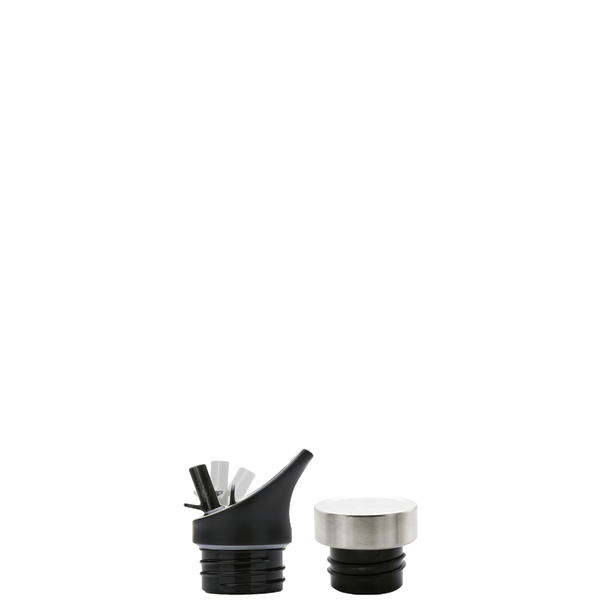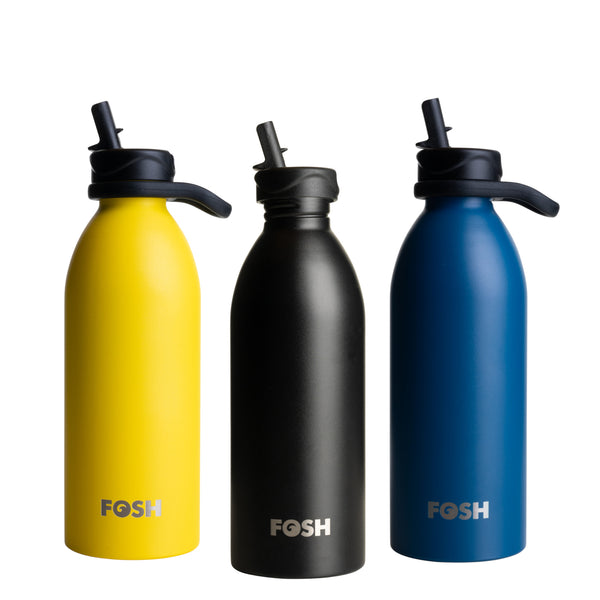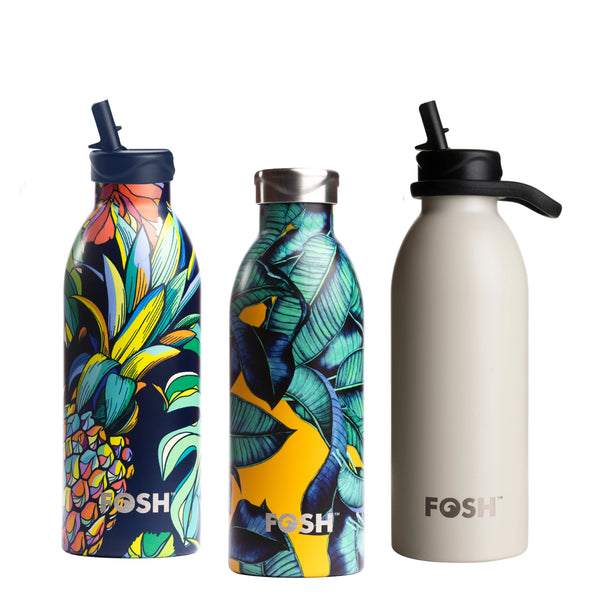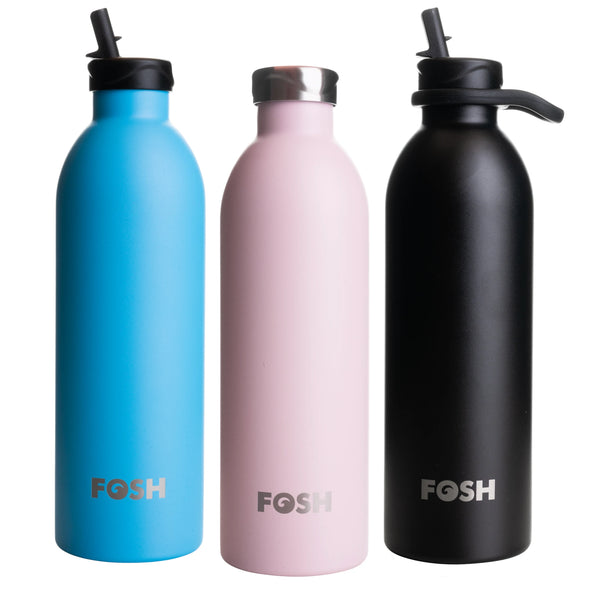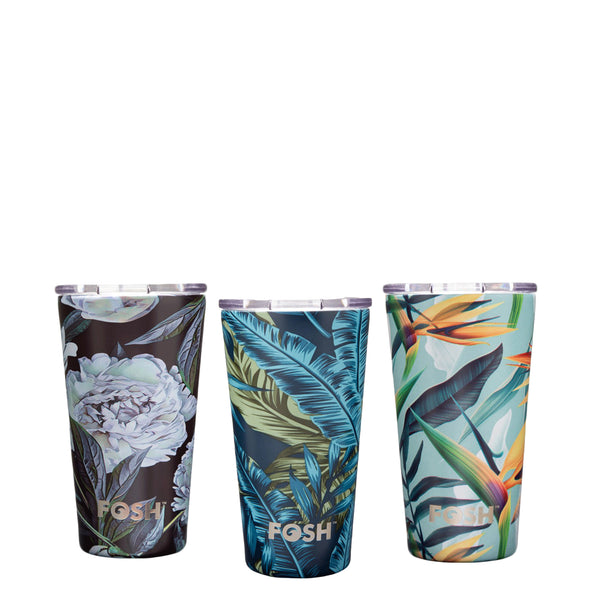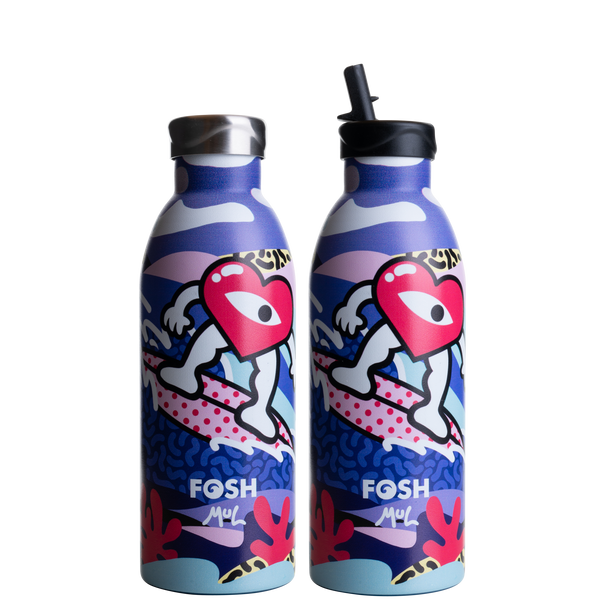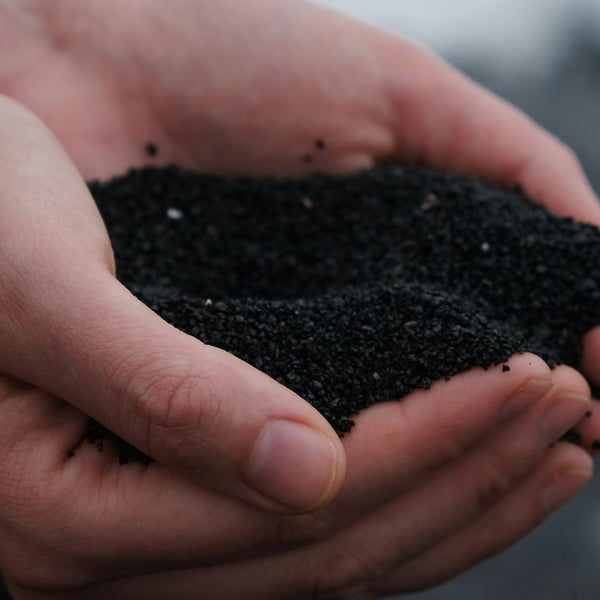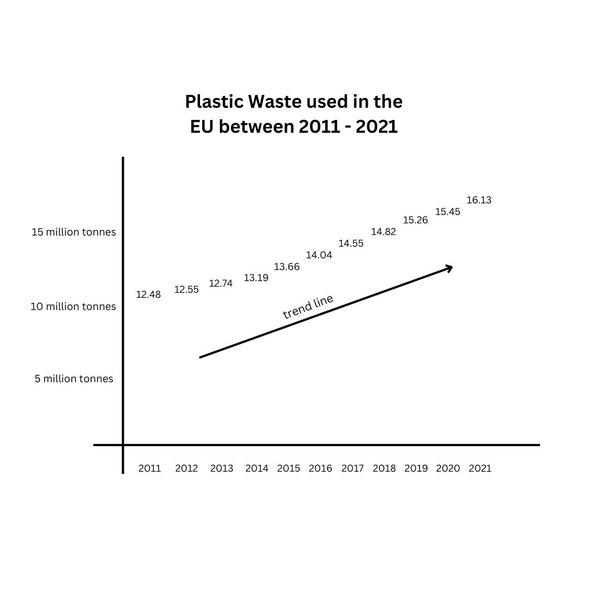Bottled Water vs Tap Water: The Real Cost Of Choosing Plastic
It goes without saying that plastic bottles are harmful for the environment.
Yet still, for some reason, we continue to use plastic bottles like there’s no tomorrow.
In the UK alone, 15 million plastic bottles are dropped as litter, landfilled or incinerated, every day.
" class="w-full max-w-560px text-center flex font-montserrat text-black-default-500 text-18px leading-24px tracking-30% font-normal text-center">It goes without saying that plastic bottles are harmful for the environment.
Yet still, for some reason, we continue to use plastic bottles like there’s no tomorrow.
In the UK alone, 15 million plastic bottles are dropped as litter, landfilled or incinerated, every day.
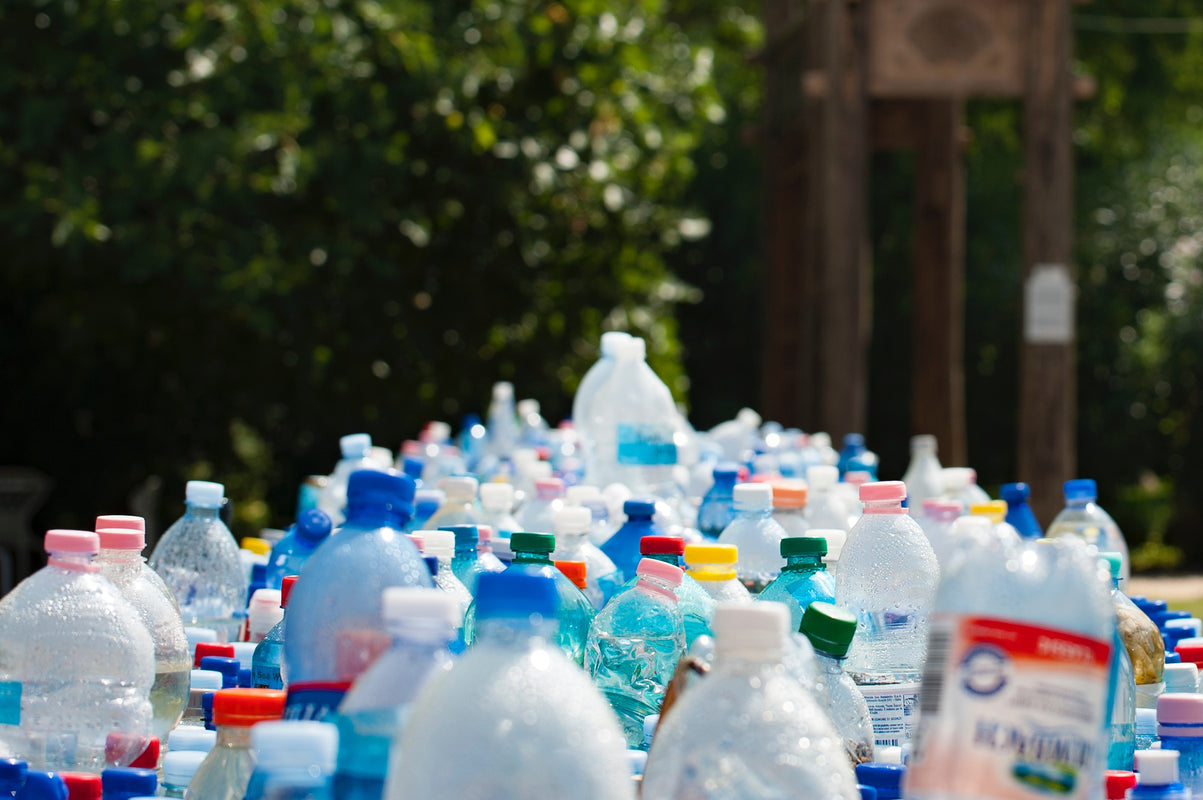
It goes without saying that plastic bottles are harmful for the environment.
Yet still, for some reason, we continue to use plastic bottles like there’s no tomorrow.
In the UK alone, 15 million plastic bottles are dropped as litter, landfilled or incinerated, every day.
Not a year.
Not each month.
15,000,000.
Every. Single. Day.
So….
Why Do We Choose Bottled Water Over Tap Water?
Sure bottled water is super convenient and the general idea is that it’s better for your than tap water. Isn’t it?
Recent studies have shown that 93% of bottled water shows signs of being contaminated by micro plastics. That doesn’t sound great does it? Now in the study, only 10.4 of these particles per litre were bigger than the width of a human hair, but there were another 314 smaller particles found per litre. Wow.
When you reach for a 500ml bottle of water to rehydrate after your personal trainer has pushed you beyond your max and your legs feel like jelly, you’re probably too thirsty to think about the 150+ particles of plastic you’re downing. Gross though, right?
Tap water also contains micro plastics but at a much lower rate. In the UK, tap water has an average of only 4.4 particles per litre, less than half of that found in bottled water.
But Doesn’t Tap Water Contain Chemicals and Other Nasty Stuff?
In short, yes. Tap water does contain chemicals, but these intentionally added chemicals could save your life.
Chlorine (remember that distinct smell wafting around your local swimming pool?) is the disinfectant used worldwide to keep the pipes your drinking water travels down hygienic. Tiny amounts of Chlorine are found in tap water by the time it comes out of your tap, usually 0.5mg/l or less.
To put it in perspective, your average drop of rain is 300 times heavier than the average amount of chlorine found in a whole litre of tap water. That micro amount is perfectly safe to consume and helps protects us all against life threatening waterborne diseases like cholera, dysentry, typhus and hepatitis A.
Oh and if you’re lucky enough to live in certain areas of the UK like the North East, Midlands or Yorkshire then you may have small amounts of fluoride also added to your tap water to help prevent tooth decay. Bonus!
Buy a stainless steel water bottle and save money!.
When you buy water from the supermarket you can pay anywhere from around 30p up to a few quid (for the fancy brands) for a litre of still water, depending on where you shop. 30p doesn’t sound like much does it. If you drink two litres of still water a day, that’s only £4.20 a week, £18 a month, or £219 a year.
Woah, hang on, £219 per year? Not even including those times when you’re without water and have to grab a £1.50 bottle from the vending machine or local shop. Hmmmm.
Well, what if you switched to tap water? Choosing the humble tap over a plastic bottle takes that cost down to 0.1p per litre. Yep, one-tenth of a penny. £4.20 a week becomes just under 2p a week, £18 a month drops to 7p a month and £219 a year turns into 88p a year.
Granted, bottled water at £219 per year comes with over 200,000 micro plastics at no extra cost. I think we’d rather stick to the healthier option though of 88p a year and maybe treat ourselves to a mini-break or a new outfit.
Is The Convenience Of Bottled Water Worth Paying That Much For?
From the perspective of your health, wallet and the environment, we say no. Absolutely not.
Now you know some of the differences between bottled water and tap water, which will you be reaching for from now on?
